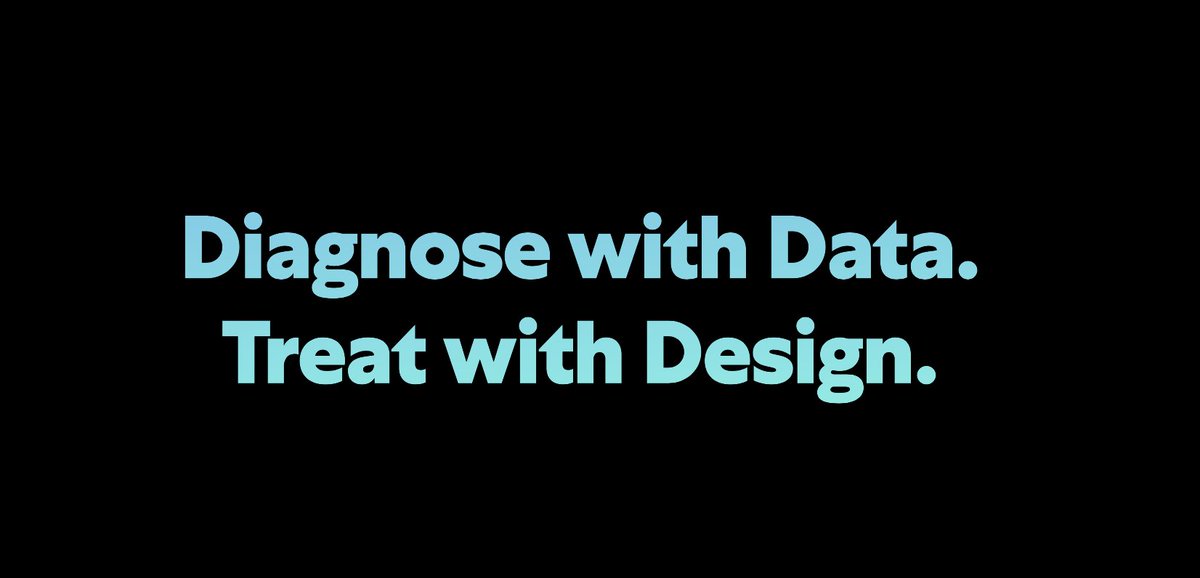
I've participated in too many conversations about the role of design / pm / eng to count.
Of course there are differences.
But every tech manager role, regardless of discipline, ends up converging at higher levels.
What does this mean for you as a manager?
Thread below 👇
Of course there are differences.
But every tech manager role, regardless of discipline, ends up converging at higher levels.
What does this mean for you as a manager?
Thread below 👇
If you climb the management ladder to the very top, guess what? You’re the CEO. And you manage *every* function.
So if your goal is to be CEO someday, or even VP or director within your discipline, you need to get out of your box and learn how other disciplines work.
(2/9)
So if your goal is to be CEO someday, or even VP or director within your discipline, you need to get out of your box and learn how other disciplines work.
(2/9)
The most thoughtful designs don’t get used if engineering doesn't build them.
The most sophisticated algorithms don’t help people if they can't be put into a clear product.
The tightest roadmap doesn’t get you customers if the experience isn’t good, or you can't sell it.
(3/9)
The most sophisticated algorithms don’t help people if they can't be put into a clear product.
The tightest roadmap doesn’t get you customers if the experience isn’t good, or you can't sell it.
(3/9)
“Learn other disciplines” is counterintuitive because for the 1st phase of your career, as an IC / new manager, you progress by going deeper.
Learn the craft, the process, the community to become an expert.
But around Director, you hit a ceiling with specialization.
(4/9)
Learn the craft, the process, the community to become an expert.
But around Director, you hit a ceiling with specialization.
(4/9)
If people think of you as only a “design leader," "eng leader" or “data leader” who only works on “design," "eng" or “data” problems, rather than company or product problems, it will be hard for them to follow you if they don't consider themselves part of your discipline.
(5/9)
(5/9)
At the VP level in particular, managers should demonstrate an ability to successfully drive company-wide, cross-functional initiatives.
So, if this is the path you seek, how do you expand and learn more about other disciplines?
(6/9)
So, if this is the path you seek, how do you expand and learn more about other disciplines?
(6/9)
1) be curious and appreciative about what your cross-functional colleagues do.
2) Spend time with folks in that discipline to develop your critical eye for what it means to be good within that role.
(7/9)
2) Spend time with folks in that discipline to develop your critical eye for what it means to be good within that role.
(7/9)
3) learn to speak the language and values of that discipline.
4) remind yourself that your discipline is great, but it’s not the center of the product universe.
(8/9)
4) remind yourself that your discipline is great, but it’s not the center of the product universe.
(8/9)
At the end of the day, valuable products are created through the many talents of a diverse team. Embrace that. Appreciate that. And know that if your goal is to manage toward that end, you must broaden your understanding of the respective elements.
(9/9)
(9/9)
(Note the above applies to managers only! ICs can very successfully go deep and continue to grow their careers within their discipline beyond the director level.)
• • •
Missing some Tweet in this thread? You can try to
force a refresh



